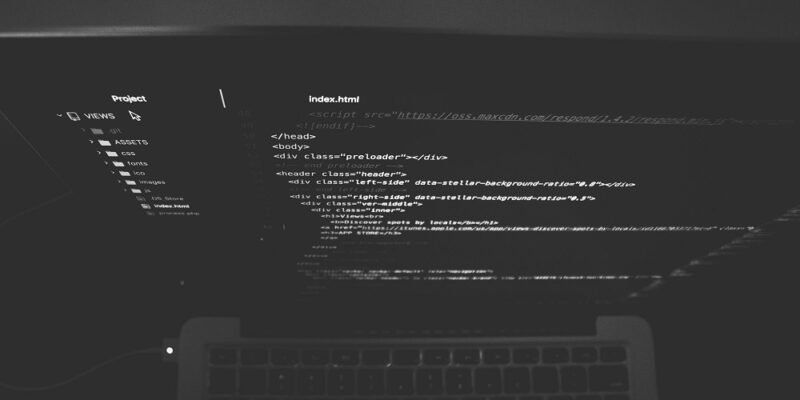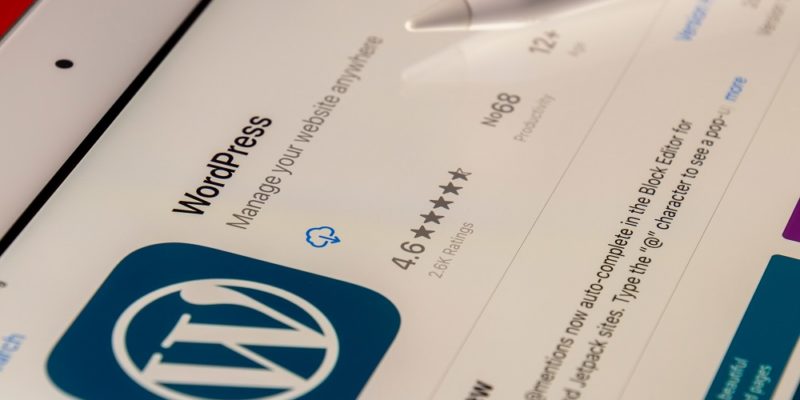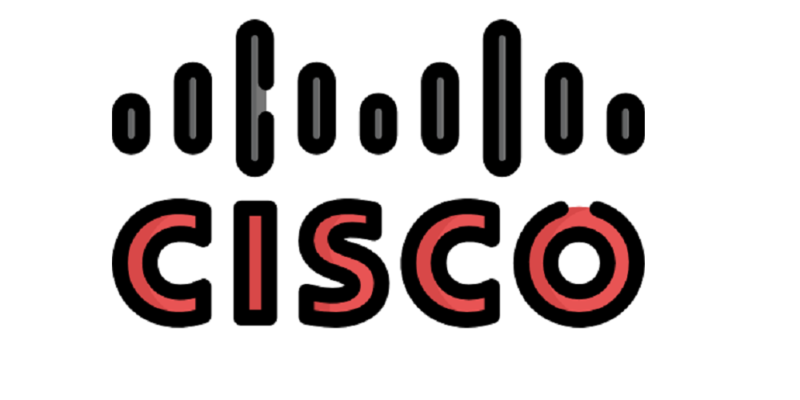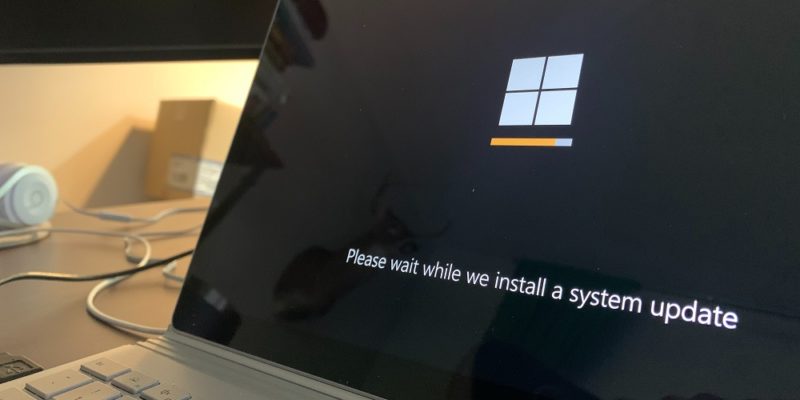 Zimbra zero-day exploited to steal government emails by four groups
Zimbra zero-day exploited to steal government emails by four groups
Google Threat Analysis Group (TAG) researchers revealed that a zero-day vulnerability, tracked as CVE-2023-37580 (CVSS score: 6.1), in the Zimbra Collaboration email software was exploited by four different threat actors to steal email data, user credentials, and authentication tokens from government organizations. The experts observed that most of the attacks took place after the public…










